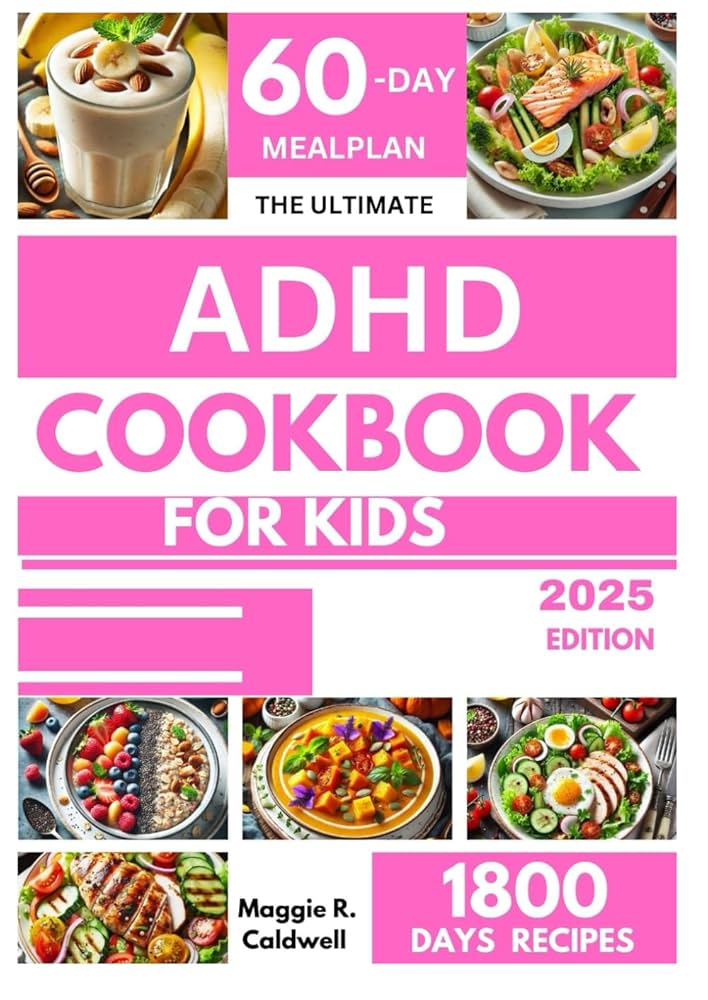Government-Funded Meal Deliveries Spark Debate Over Nutritional Integrity
Government-funded food delivery services for elderly and ailing individuals have elicited a variety of opinions. A company that dispatches boxed meals to people on Medicare and Medicaid is stirring up national conversation, although not all of this discussion is commendatory. The organization caters to older people or those battling illnesses such as cancer or diabetes, supplying meals that are marketed as free from additives. Many hail this initiative as a significant stride towards promoting health nationwide.
Despite these assertions, however, scrutiny reveals that not all claims made by the company align with reality. A recent inquiry demonstrated that a substantial portion of their meals is actually highly processed, featuring elements that wouldn’t typically be found in an average home-cooked meal, thereby calling their ‘without additives’ claim into question.
A nutrition professional delved into the company’s menu, inspecting nutrition facts and ingredient lists. Among the food offerings like chicken bacon ranch pasta or French toast sticks with ham, it was noted that these meals tend to be high in salt, sugar, or saturated fat, thus potentially posing health risks.
This professional observed that it is entirely feasible to create such meals using real, wholesome ingredients and avoiding artificial additives. However, most of the meals evaluated from the company were teeming with these unhealthy extras. It was pointed out that such unhealthy choices seem unnecessary and disappointing. Other companies, however, do manage to produce superior quality products, although these are typically more expensive.
In defense of the company, it was noted that although the meals contained additives, they were free from the petroleum dyes that some suggest should be removed from all food products. While most food undergoes some processing, ultra-processed foods differ as they are produced in large factories and tend to contain chemical additives, preservatives, and dyes that would not commonly be used in home-cooking.
Such ultra-processed foods carry associated health risks, including elevated rates of obesity, heart disease, and diabetes. In response to these concerns, a spokesperson stated that the company’s products do not encompass substances that are typically found in ultra-processed foods, like artificial food colors or high fructose corn syrup.
Delivered through specific schemes, these meals reach their recipients. The exact amount of taxpayer money allocated to these initiatives, however, is somewhat ambiguous. Analyses indicate that multiple states spend millions on analogous meal programs, even when some of the distributed meals are abounding in salt, fat, or sugar.
One official defended the company’s services by pointing out that the meals represent a healthier option when compared to many of their counterparts found on supermarket shelves. It is a commonly held belief that increasing the intake of whole foods forms the cornerstone for healthier living.
A sentiment frequently expressed is the perceived loss of one of the most elemental rights – the liberty associated with good health. In this light, the importance of food delivery services like the one highlighted becomes even more evident. Despite this, it’s crucially important that such services provide truly nutritious offerings in order to fulfill their mandate effectively.
Given the demographic that these meal programs cater to – older individuals and those with ailments – it becomes indispensable to offer food that aids in maintaining or improving their health, rather than contributing to additional health complications. The reality of the situation highlights an almost paradoxical circumstance, where meal programs that were created to cater to the health needs of a vulnerable population, might themselves be posing health risks.
As consumer awareness increases, the need for transparency about food ingredients and the method of preparation becomes more evident. These meal services must therefore navigate the difficult path of offering affordable meals while ensuring the quality and nutritional value of their food. This, while managing to stay cost-effective and within the remits of government budgets.
Despite the criticisms leveled against them, these meal delivery programs are fulfilling a need in society. For many older or ill individuals, cooking balanced meals may not always be feasible. Quick, easy options that can be heated and served can provide an indispensable service. It is, however, in the execution of this concept where concerns have been raised.
In an ideal world, these meals would be tailor-made for the individual’s nutritional requirements and sensitivities. They would be low in unhealthy ingredients like salt, sugar, and bad fats while being high in natural, nourishing ingredients. Customization of meals, however, has proven to be a challenging and costly endeavor. Hence, a one-size-fits-all approach is typically adopted.
Review of these meals is essential, and improvements must be made where shortcomings have been identified. The overall aim should be to improve the health of the recipients, and this intention should resonate in all operations of the meal plan.
While advancements have been achieved in creating meals for specific health conditions, more research is needed to further enhance the quality and positive impact of these meals. At the end of the day, these programs embody a commendable initiative, but require persistent checks and balances to ensure they are achieving their lofty yet important goal to nourish and not harm.
The dialogue around meal programs such as these is a significant one because it brings to light the implication of nutrition in a society’s health. As more information becomes available, and as consumers become more discerning about their food, it is hoped that companies in charge of health-targeted meal programs will rise to the challenge and meet the health needs of the consumers they are committed to serve.



